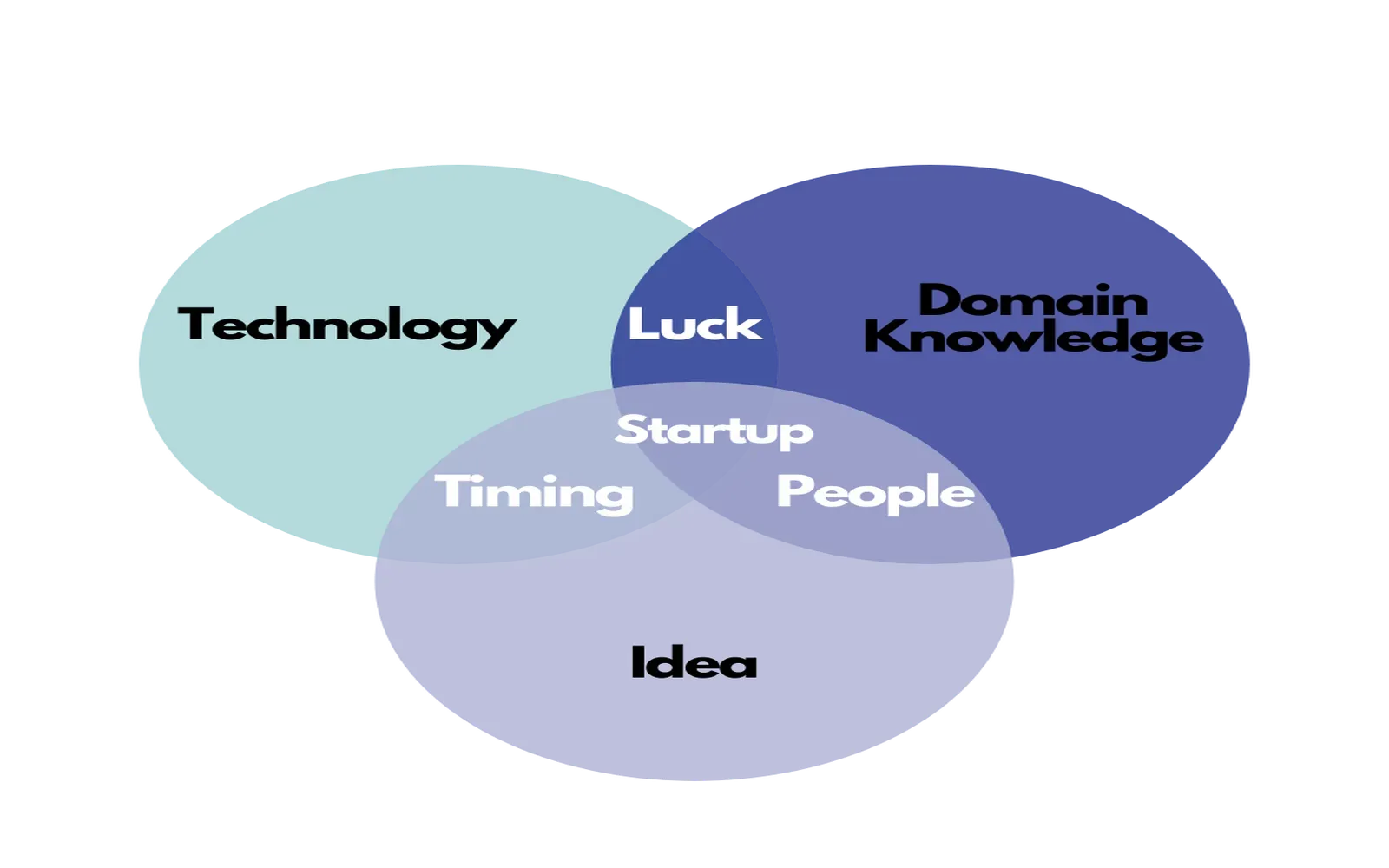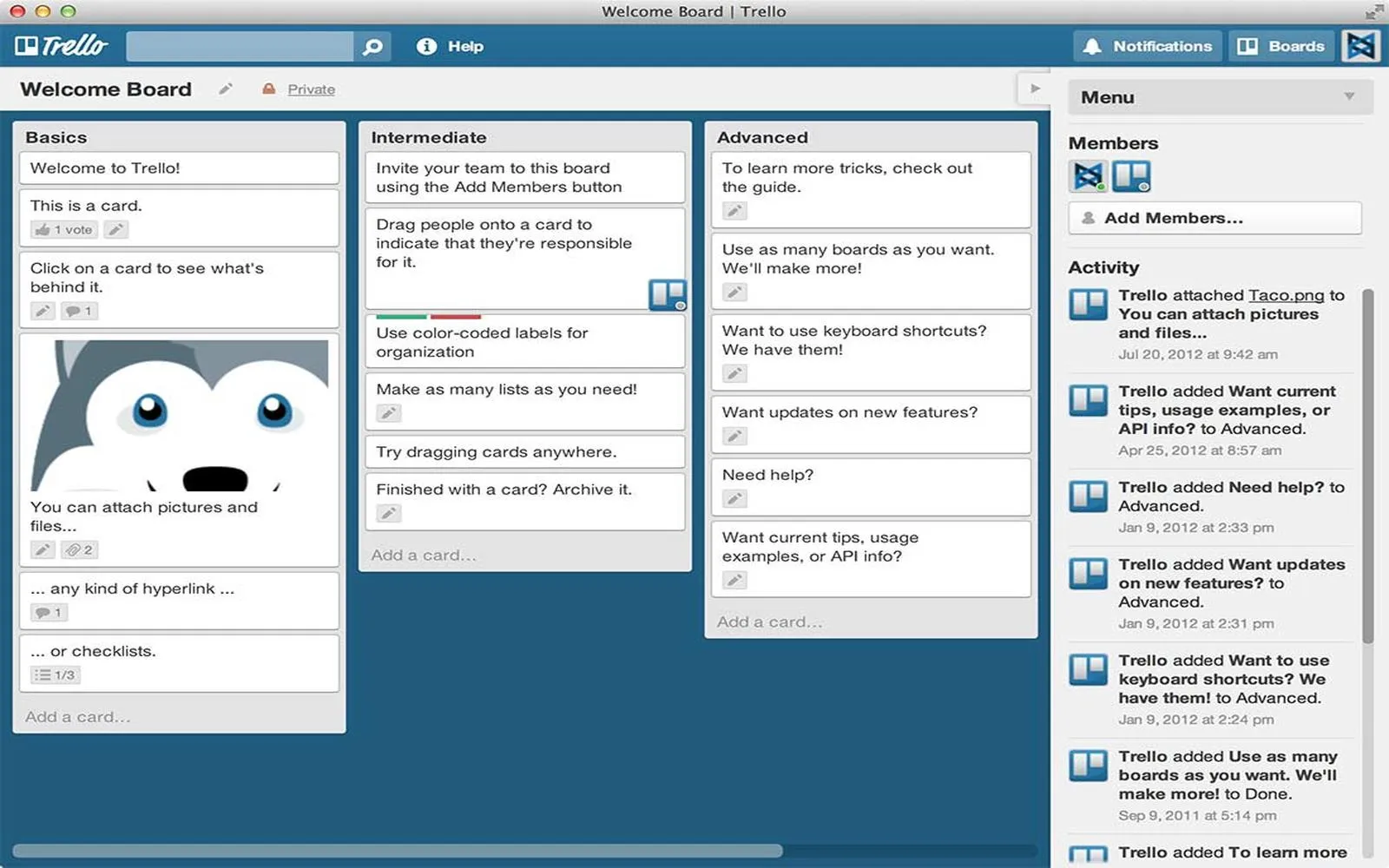The Evolution of Remote Work
Remote work has undergone a significant transformation over the past few years. While many associate remote work strictly with working from home, the reality is much broader. Individuals now have the flexibility to choose their work environments, which can lead to increased productivity and job satisfaction. This article will explore various remote work settings, the benefits of these alternatives, and how businesses can adapt to this new approach.
Exploring Alternative Remote Work Locations
Remote work doesn't have to be confined to the four walls of your home. Here are some popular alternatives that professionals are increasingly embracing:
| Remote Work Location | Description | Benefits |
|---|---|---|
| Co-Working Spaces | Shared office environments where individuals from different companies work together. | Networking opportunities, professional atmosphere, and access to office amenities. |
| Cafés | Public places that offer a relaxed atmosphere with Wi-Fi and coffee. | Casual vibe, creativity boost, and social interaction. |
| Libraries | Quiet spaces designed for studying and working, often equipped with resources. | Silence, focus, and free access to information. |
| Outdoor Locations | Parks or gardens where individuals can work while enjoying nature. | Fresh air, inspiration from nature, and a break from traditional office settings. |
| Traveling | Working while on the move, whether it's in a hotel, an Airbnb, or a van. | Exploration, adventure, and the ability to change your environment frequently. |
Benefits of Non-Traditional Remote Work Environments
Choosing a remote work environment outside of the home can yield numerous benefits:
- Enhanced Creativity: Different surroundings can stimulate creativity and lead to new ideas. Working in a café or a park can provide fresh perspectives.
- Improved Work-Life Balance: By changing locations, individuals can create a more balanced lifestyle that separates work from personal time.
- Networking Opportunities: Co-working spaces and public venues allow remote workers to meet like-minded professionals, fostering collaboration and networking.
- Increased Productivity: A change in scenery can lead to increased motivation and productivity, as individuals find environments that suit their work style.
- Flexibility and Freedom: The ability to choose where to work allows for a more personalized approach to productivity and comfort.
Adapting Your Business to Support Diverse Remote Work Options
As the landscape of remote work evolves, businesses must adapt to support their employees' preferences for diverse work environments. Here are some strategies for companies to consider:
- Offer Flexible Work Policies: Allow employees to choose their work locations, whether that be at home, in a co-working space, or on the go.
- Provide Necessary Tools: Ensure employees have access to the technology and resources they need to work effectively from any location, including software and hardware.
- Encourage Communication: Foster a culture of open communication through regular check-ins, virtual meetings, and collaboration tools.
- Invest in Co-Working Partnerships: Collaborate with co-working spaces to offer employees discounts or memberships, making it easier for them to work outside of their homes.
- Promote a Results-Driven Culture: Shift the focus from hours worked to results achieved, empowering employees to work where and when they are most productive.
Conclusion
Remote work is not solely defined by the confines of home. As professionals explore various environments, the benefits of non-traditional workspaces become increasingly apparent. By embracing flexibility and adapting to the needs of employees, businesses can create a more dynamic and productive workforce. Whether it’s a co-working space, a café, or a beautiful park, the options are endless. The future of work is not just remote; it is also diverse, allowing employees to thrive in ways that suit their individual styles and preferences. With the right support, organizations can harness the power of this evolving work landscape to drive innovation and success.
In conclusion, while many still think of remote work as a home-based endeavor, the reality is far more expansive. By recognizing and promoting various remote work settings, companies can not only enhance employee satisfaction but also drive productivity and creativity in the workforce.





